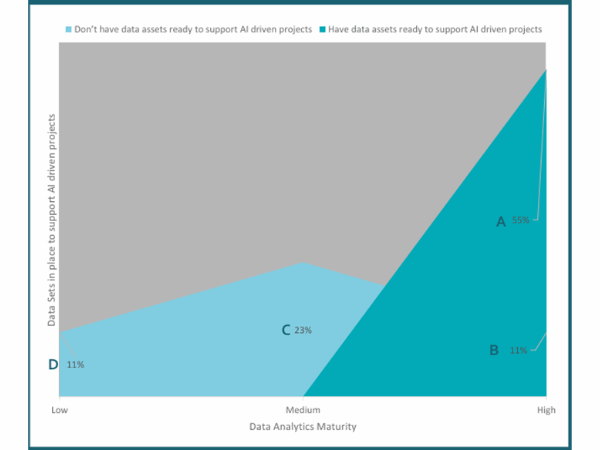
Mastercard, the payments company, introduces a worldwide initiative to recycle credit cards
In a significant move to address the growing concerns about plastic waste and environmental impact, Mastercard, the renowned payments company, has announced a groundbreaking global project aimed at recycling credit and debit cards. The initiative aims to prevent the billions of cards currently in circulation from ending up in landfills.
To kickstart this ambitious endeavor, Mastercard has joined forces with HSBC Holdings Plc, a prominent British lender, starting with eight branches across the United Kingdom. However, the program is open to all banks worldwide, including those already engaged in local recycling initiatives. Ajay Bhalla, the President of Cyber and Intelligence at Mastercard Inc., emphasized the invitation extended to card issuers globally, regardless of their region, to partner and provide card recycling options to their customers.
The approach involves equipping HSBC with shredding machines, each capable of holding up to 10,000 cards, equivalent to approximately 50 kg (110 pounds) of plastic. Once these machines reach capacity, the shredded materials will be transferred to a plastic recycling facility.
While specific financial details of the plan were not disclosed, this pilot project will run for an initial period of six months and allows customers to recycle any plastic card, including those issued by competitors.
Jose Carvalho, Head of Wealth and Personal Banking at HSBC UK, expressed the importance of this recycling pilot in gathering crucial insights that will shape future plans. At present, Mastercard has an estimated 3.1 billion cards in circulation, with approximately 600 million new cards produced by the industry each year, each card having an average lifespan of five years.
According to the Nilson Report, an industry analysis, there were nearly 26 billion cards in circulation in 2022, with a projected increase to 28.4 billion by 2027.
The environmental consequences of skyrocketing plastic usage are a pressing global concern. Plastic waste pollutes landfills, rivers, and oceans, presenting one of the most significant challenges to our environment. Additionally, the manufacturing process of plastic contributes substantially to greenhouse gas emissions, exacerbating the issue of global warming.






